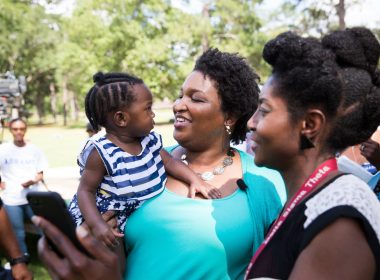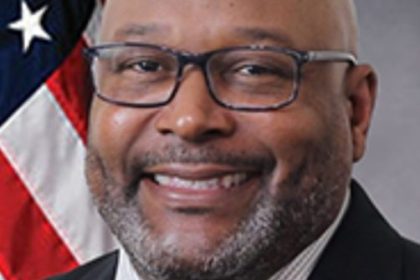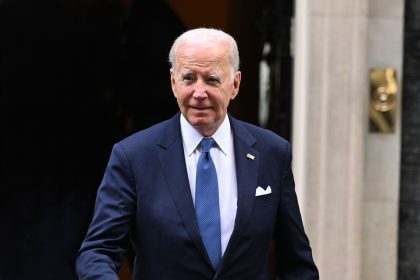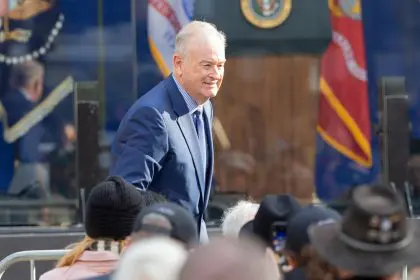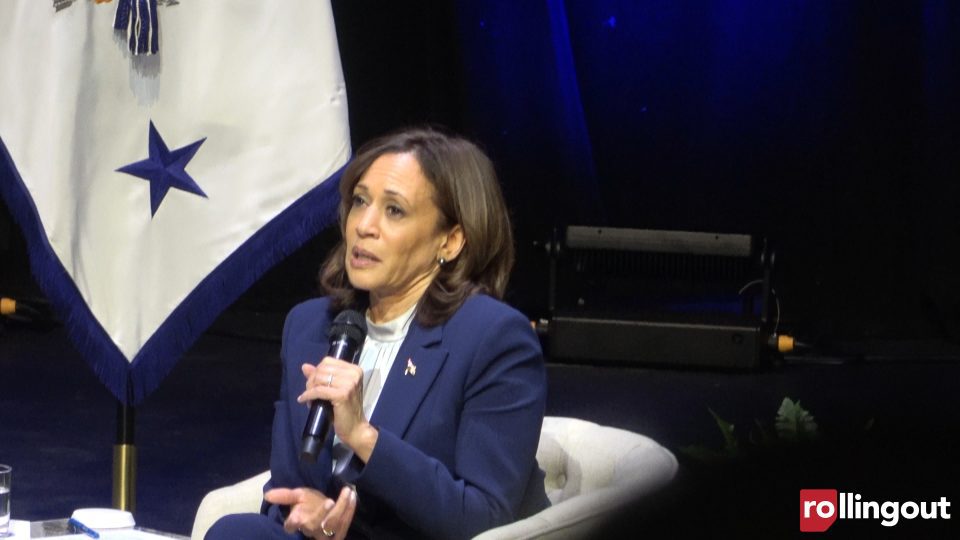
ATLANTA – Less than 20 hours after President Joe Biden gave his State of the Union address, Vice President Kamala Harris visited Georgia Tech for a discussion on climate change with Isaiah Bolden and Marshall Shepherd.
Harris told the audience everyone needs to be involved in taking the necessary to help preserve humanity and the planet. For her, the ideal future includes more electric vehicles, electric school buses and electric public transportation buses. One of the other specific issues she raised, pertaining to the climate, is how certain vacation spots around America with a heavy tourist presence have left the areas with severe environmental damage.
Huge waves – some of them washing over the top of houses – crashed into Hawaii over the weekend.
Experts say the “historic” waves are linked to climate change ⤵️
🔗: https://t.co/JQwEjXy4a4 pic.twitter.com/b2bphWQyPq
— Al Jazeera English (@AJEnglish) July 19, 2022
The root of her passion, however, is clear — social justice. Harris pointed to the clean water crisis in Jackson, Mississippi; and Flint, Michigan, as heavily-Black and low-income areas with a lack of access to basic resources.
.@VP @KamalaHarris here at @GeorgiaTech to discuss the environment and climate change. One of the first topics she brought up was how low-income communities deal with things like lack of access to clean water. pic.twitter.com/4Xv3WCBtnu
— Rashad Milligan (@RashadMilligan) February 8, 2023
“I was raised by a community that was very deeply steeped in civil rights,” Harris said. “My parents met when they were actively marching and shouting for justice in the Civil Rights Movement. I have always thought of this issue through the lens of justice, in large part because I was raised to think about fairness and equity. When I looked at this issue, it was just so very clear, to your point, the communities that were disproportionately impacted by, for example, poor air quality — it doesn’t take much to realize that some of the poorest air quality zones in our nation are the same places where people of color and low-income communities live.”
Harris referenced how her hometown of Oakland, California, had an entire “Save the Bay” movement, an environmental justice push with a focus on water. The VP pointed out how water policy used to always be focused on droughts, but now it’s focused on either droughts or flooding.
“I confess,” Harris said. “I am a water policy geek … but coming from that background, when I was elected DA of San Francisco, I started the first environmental justice unit of any DA’s office in the country.
“There’s a community in San Francisco that at the time, and I still believe, had an annual household income of about $15,000, and it was being treated like a dumping ground by people outside of the community,” she said.
Harris applauded Shepherd, a weather expert whose research focuses on the intersection of science with technology; and Bolden, a marine science and climate researcher, for their works and said there needs to be more people like them in society. She closed the nearly hourlong discussion by challenging local students.
“The clock is not just ticking, it’s like banging. It is requiring us to move quickly … to the students who are here and those who are thinking about their role in this: You are going to come out and leapfrog all of us,” Harris said. “Because, especially for our younger leaders, the benefit you have is you’re not burdened by any question about, ‘is this real?’ ”

